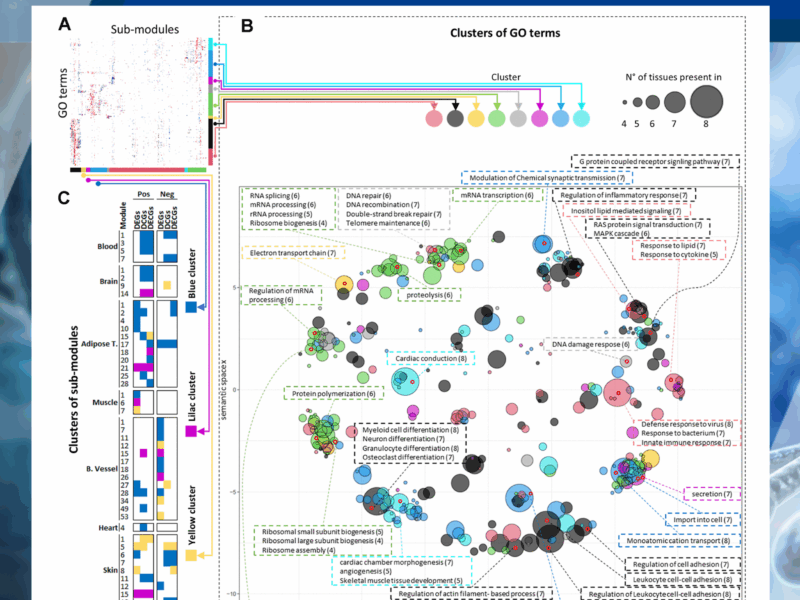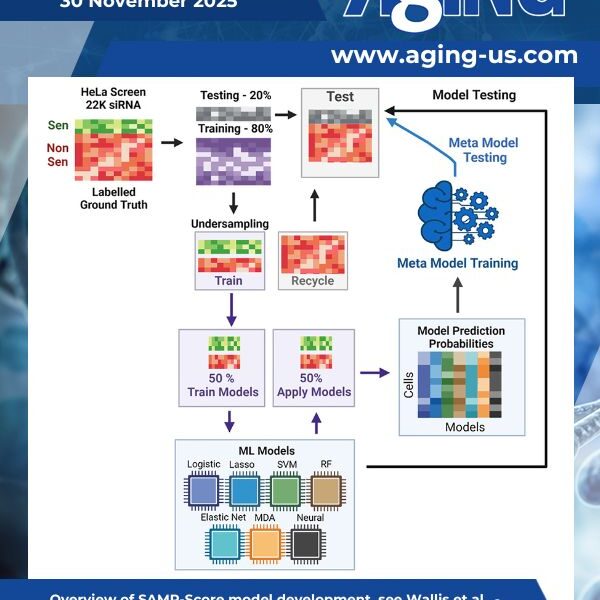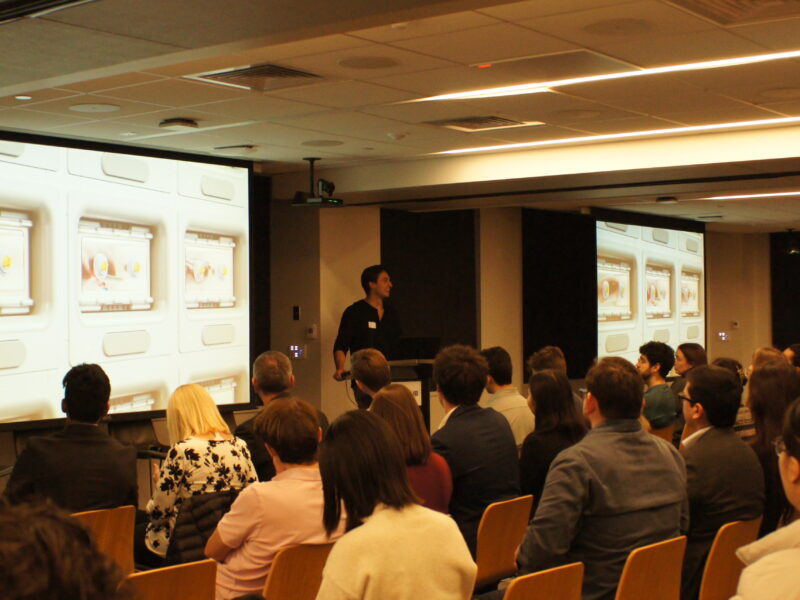While maternal health has traditionally been central to research on pregnancy and child development, there is growing recognition that paternal factors also play a role, particularly the father’s age. Several studies have found a modest increase in risk of neurodevelopmental conditions, including autism spectrum disorder, among children born to older fathers. However, the biological mechanisms underlying this association are still not fully understood.
Aging-US Research

While chocolate and coffee have been associated with better health outcomes, pinpointing the responsible specific compounds has been difficult. These foods contain multiple bioactive substances that are often consumed together, and few studies have explored their individual effects on the human epigenome, the system of chemical modifications that control gene activity and change with age.

The results of studies revealed in this paper indicate that advanced paternal age increases the risk of autism spectrum disorder (ASD) in children, potentially due to sperm epigenetic changes.

As we age, every tissue in the body undergoes gradual molecular changes. A long-standing question in aging research is whether these changes follow common patterns across tissues or whether each tissue ages on its own.

Although transcriptomic changes are known to occur with age, the extent to which these are conserved across tissues is unclear. Previous studies have identified little conservation in age-modulated genes in different tissues. Here, we sought to identify common transcriptional changes with age in humans (aged 20 to 70) across tissues using differential network analysis, assuming that differential expression analysis alone cannot detect all changes in the transcriptional landscape that occur in tissues with age.

Treating aggressive cancers that do not respond to standard therapies remains one of the most significant challenges in oncology. Among these are basal-like breast cancers (BLBC), which lack hormone receptors and HER2 amplification. This makes them unsuitable for many existing targeted treatments. As a result, therapeutic options are limited, and patient outcomes are often poor.

The paper featured on the cover of this issue of Aging-US, published on October 30, 2025, entitled “SAMP-Score: a morphology-based machine learning classification method for screening pro-senescence compounds in p16-positive cancer cells,” represents an important methodological and conceptual advance at the interface of senescence biology, imaging and drug discovery.

Senescence identification is rendered challenging due to a lack of universally available biomarkers. This represents a bottleneck in efforts to develop pro-senescence therapeutics – agents designed to induce the arrest of cellular proliferation associated with a senescence response in cancer cells for therapeutic gain.

Interest in healthier, longer lives is rising, supported by recent scientific advances in aging research. But turning those discoveries into everyday healthcare solutions remains a work in progress. In this landscape, longevity clinics have attracted attention as personalized alternatives to traditional medicine

Aging-US proudly sponsored the Future of Aging Research (FAR) Mixer 2025, hosted by the Aging Initiative on November 7 in Cambridge, MA, uniting students, researchers, and biotechnology leaders to advance aging research and shape a healthier, longer-lived future.

